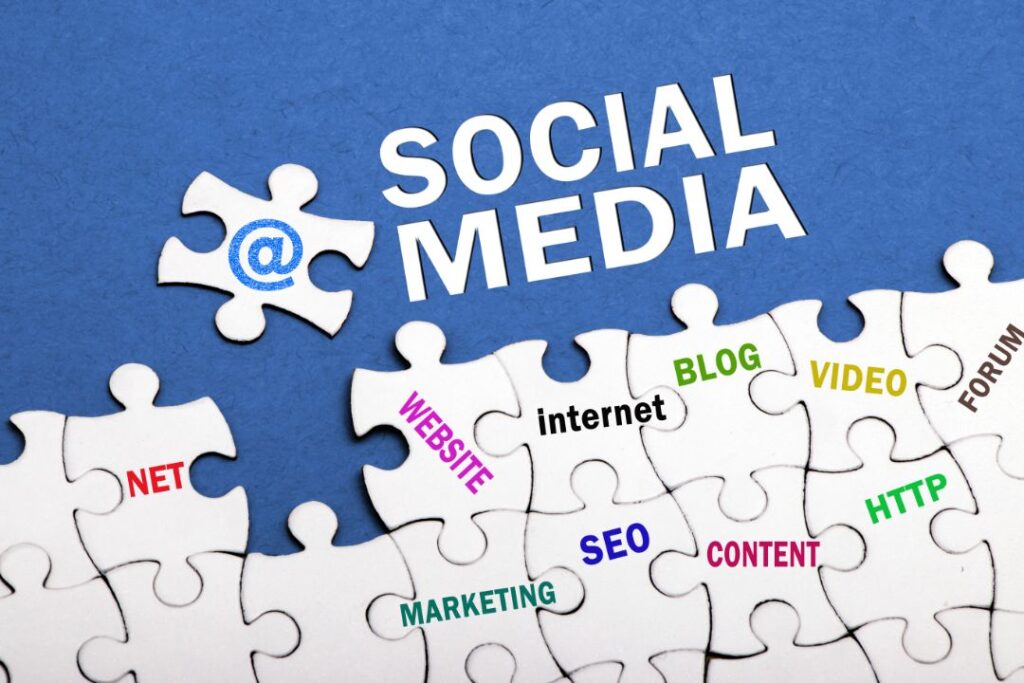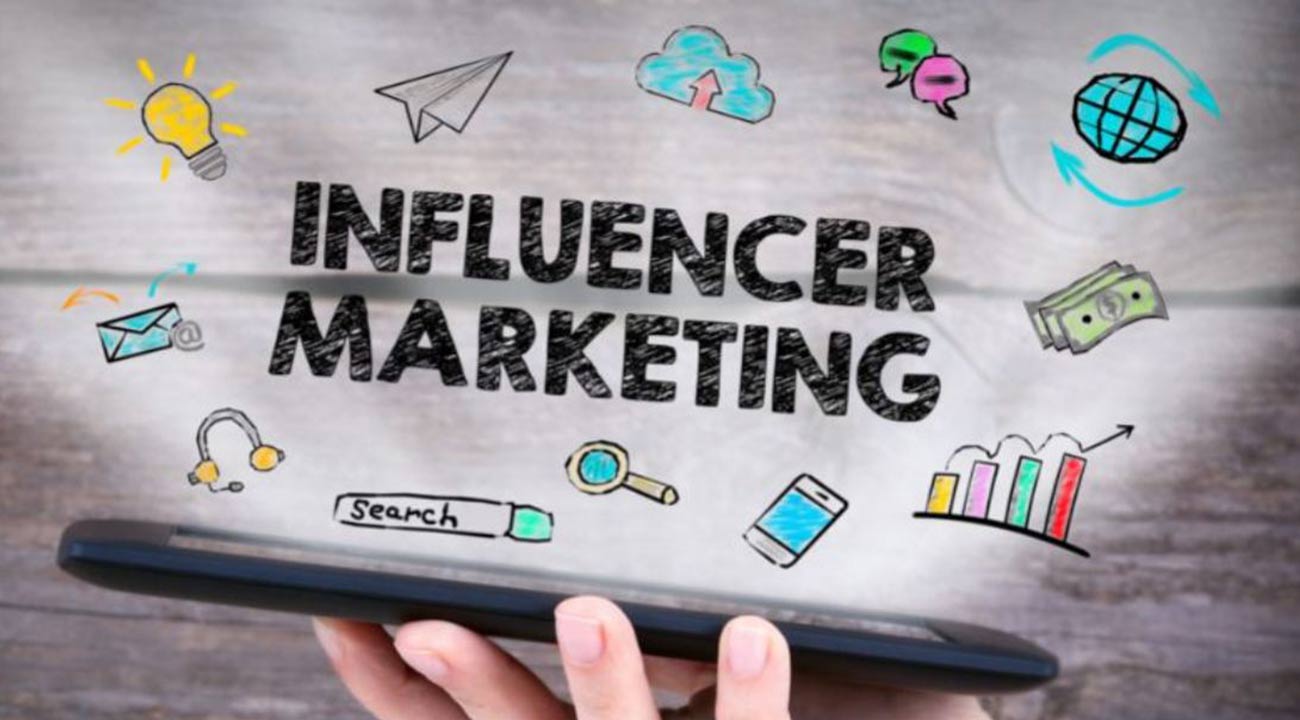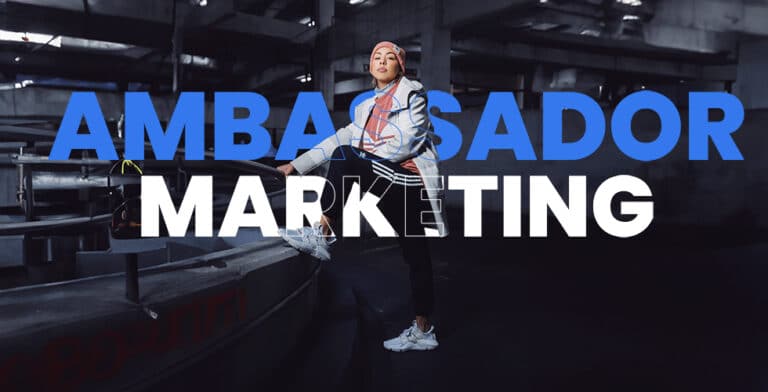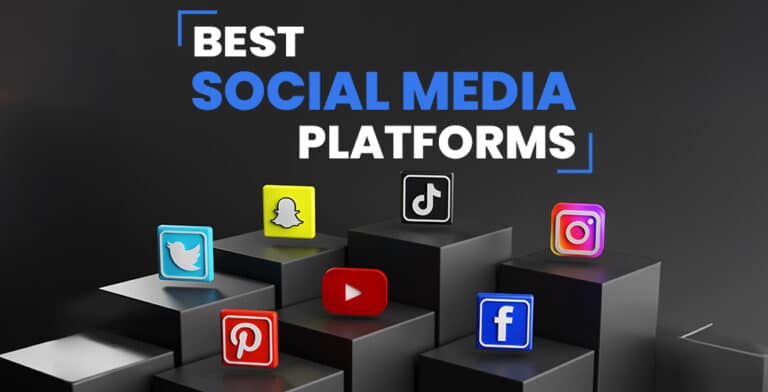The way companies reach their consumers has drastically evolved in recent years. Billboards, newspaper ads, radio ads, and other traditional forms of advertising are no longer as impactful as they once were. So, to reach a wider pool of potential clients, many businesses are turning to influencer marketing.
Influencer marketing has been around for several years now, and brands intend to spend approximately $15 billion on it in 2022. It is simpler for marketers to promote their businesses through influencers whose opinions and inputs are valued highly by the audience since they already have a sizable fan base at their disposal.
When a business decides to go the route of influencer marketing, they have a wide variety of tactics to choose from. And that’s exactly what we are going to discuss today.
Types Of Influencer Marketing Strategies
Influencer marketing campaigns can be used in a variety of ways to interact with the social media audience. And with so many strategies to choose from, some of the influencer marketing tactics described below will undoubtedly add value to your promotional efforts.
Sponsor Posts
When you have top-notch content or a product that is ready for launch, it may get lost within the clutter of social media. Therefore, it makes sense to collaborate with influencers who can create and disseminate social media content more effectively.
A sponsored post is where a brand pays a social media influencer to advertise or market its product or service. Brands like to work with influencers that have a lot of followers, the ability to produce great content, are experts in their fields, and have authenticity. A social media post from the perfect influencer has the power to greatly increase sales.
Blog articles or social media posts are excellent examples of sponsored content that work really well in enticing the audience to at least check out a product or service. Brands can collaborate with influencers to decide what kind of content they want to produce and market. Once the content is ready, the influencer can then post it on their social media sites and networks to promote the brand and business.

Posting Reviews
One of the most common forms of influencer marketing is when a company sends over a brand-new product to an influencer for them to try so that they can post a review about it on their channels. If the influencer really likes the product, then that can have a positive impact on the company’s brand image and product sales. This is because influencers are regarded as reliable sources of information as they are expected to provide unbiased thoughts on products that they are reviewing.
Brands could reach a sizable number of people in their target demographic thanks to the influencer’s reach. Their recommendations and opinions are regarded as “expert opinions” as it comes from someone the customer trusts and admires. For a business to develop a positive reputation and increase trust and credibility, reviews and social proof are crucial.
Host Giveaways
Hosting giveaways can generate a lot of social media buzz through likes, shares, and comments. Additionally, this has a lot of intangible advantages like increased brand recognition. Pages have a higher chance of receiving more traffic, recognition, and interactions when you run a giveaway.
It’s fairly easy to run a giveaway campaign where the influencer encourages the audience to do a few simple tasks like submitting their emails, liking a post, commenting on a post, or answering some questions to participate in a contest.
After the contest is over, a winner is chosen, and the prize is delivered to them. In this regard, asking followers to tag their friends in a giveaway contest on social media is a terrific method to increase engagement.
Sometimes brands sponsor products for these giveaway contests, which strengthens the relationship between the influencers and the brand because it allows both parties to gain more new followers.
Social Media Takeover
In most collaborations, the brand gives all the instructions to the influencer. However, for a social media takeover campaign, the influencer takes control of the brand’s social media channels for a certain period of time.
Brands usually partner with social media influencers whose persona fits their business image. They are then given permission to curate content for the brand’s social media pages on Facebook, Twitter, Instagram, Linkedin, etc. In this case, the influencers are the ones making all the decisions leading the audience to connect with the brand even more.
Social media takeovers are employed to boost brand awareness and provide audiences with engaging content. It also exposes your brand to new and loyal audiences. It allows the influencer to manage your brand promotion on social media.

Product Collaboration
Rather than just giving influencers the product for promotion, brands also have the option to co-create products or content with influencers. Well-known influencers who are experts in their fields are asked by brands to work together on a variety of projects.
Brands work with a lot of influencers, but the best-performing influencers, who have a strong following and a solid reputation in the industry, are typically approached the most. Moreover, influencers who create their own product lines under a brand, make them incredibly appealing to their fans who follow them religiously. Businesses can use an influencer’s popularity and sense of style to increase brand exposure and sales.
Brand Ambassador Program
A brand ambassador is a celebrity or influencer who is closely tied to a brand. They represent the brand in a positive light and help increase their sales by endorsing specific products or services from the company. Influencers that work with a brand for an extended period of time can become the face of the brand by relation, and that’s exactly what a brand ambassador is.
Brand ambassadors will frequently publish on their channels to promote a brand rather than just making one or two paid content here and there. This frequent promotion keeps the audience of the ambassador thinking about the brand.
Affiliate Marketing
Influencer-based affiliate marketing leverages the size of the influencer’s audience to promote affiliate links, which in turn help the brand’s sales and website traffic. The affiliate partner is typically compensated via commissions when a sale is made using their referral links.
In other words, the more influence a partner has, the better they can earn. Many firms choose to engage with a specialized affiliate network to manage the tracking, reporting, and payment of affiliates, even though major brands like Amazon usually run their own affiliate programs.

Wrapping Up
There’s no denying that nowadays, brands and businesses rely heavily on influencer marketing. To reach broader audiences globally, brands are forming alliances with social media influencers. The fundamental goal of any influencer marketing campaign is to identify key social media influencers who can help promote a brand’s products and services.
Even though these marketing tactics are relatively new, both companies and marketers have highly benefitted from them. So, which strategy are you going to use for your brand?




